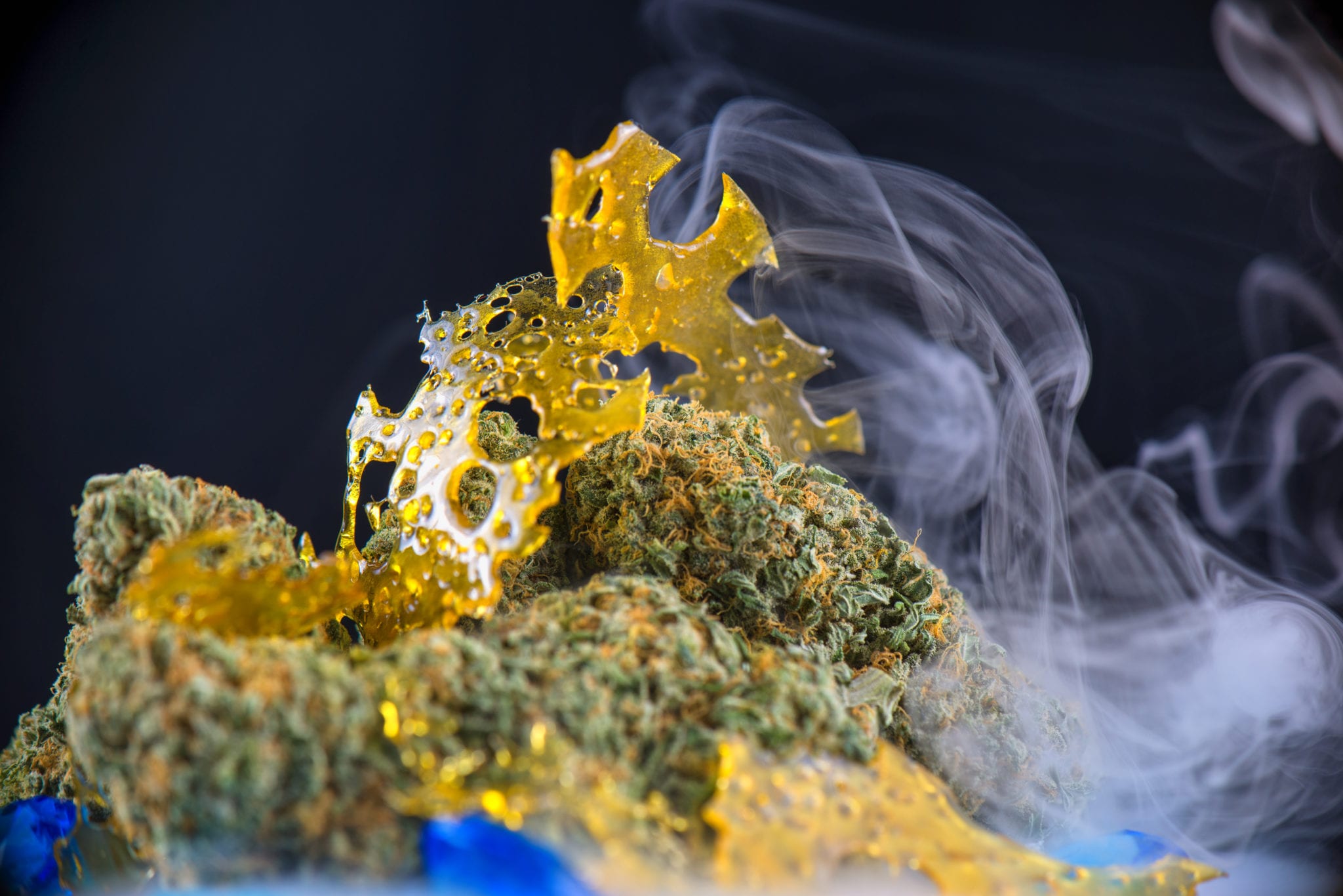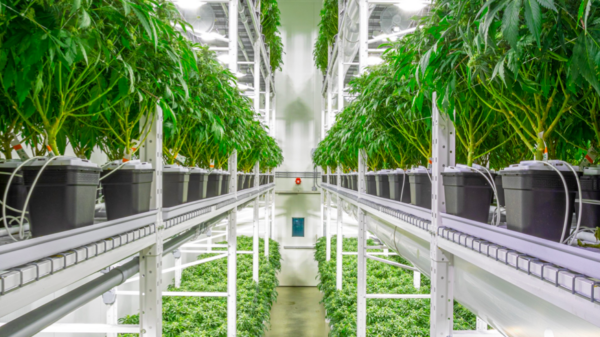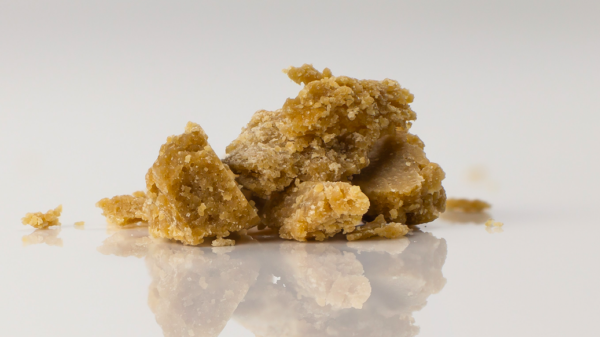The first two U.S. states to legalize marijuana for recreational use in 2014, Colorado and Washington, have created flourishing legal markets with major tax revenues from cannabis sales. But there is a growing concern among educators and parents relaxed laws are giving teens increased access to highly potent cannabis products and it’s causing severe health consequences, according to a recent Washington Post report.
Despite the legal age being 21 in those states, teachers and parents have said young people are finding more ways to access marijuana products. And the some of the products — such as concentrates called shatter, or honey oil — contain an average of 68 per cent THC, a much higher level of the psychoactive ingredient than what previous generations consumed.
One of the frequently cited goals by lawmakers has been to keep cannabis out of the hands of children, as recent studies show the impact on young brains might be significant.
But in Colorado, teens are facing serious problems relating to the use of next generation cannabis products, according to Libby Stuyt, a psychiatrist who treats teens and studies the impacts of high-potency pot:
I see increased problems with psychosis, with addiction, with suicide, with depression and anxiety
And critics say cannabis regulations have been too loose in favor of growing the legal industry. They don’t like that in Seattle there are dispensaries opening near high schools, and in Colorado, retail marijuana shops are more prevalent than McDonald’s and Starbucks combined.
The rising popularity of cannabis concentrates has also been linked to more teens using vape devices, according a 2017 national survey that ranked Colorado first out of 37 states for high-schoolers’ use of e-cigarettes. And school officials in Colorado are backing up the survey:
Almost 50 percent of my students have vaped, whether it’s nicotine or marijuana. It’s an epidemic
– Scot Brown, Colorado high school principal
Education key in reducing teen cannabis use
With 10 states currently legalizing cannabis for adult use, and Illinois on its way to be the 11th, health officials say its important for lawmakers to ensure adequate measures are put into place to minimize the risks involved with teens using cannabis.
The challenge is balancing the business side of the industry, which has proven to be lucrative. For example, Colorado announced earlier this month it generated $1 billion in tax revenue since legalization took place.
Experts say education is key in preventing youth from getting hooked on marijuana.
The world’s largest cannabis firm, Canopy Growth Corp. (NYSE:CGC)(TSX:WEED), has been taking an active step in promoting awareness and is funding digital apps to fight underage marijuana use. The industry knows if these problems persist, it could hamper its growth by preventing not only other U.S. states from legalizing marijuana but other countries as well.
While Canada has taken a more heavy-handed regulatory approach to cannabis legalization than in U.S. states, it might prove to be the better option in keeping young people safe. But in Colorado and Washington, government regulator’s more relaxed policies may not always be good for the safety and well-being of its youth.
Finding a balance between growing the industry and protecting young people will be key going forward if the legal industry is going to realize its full potential.














